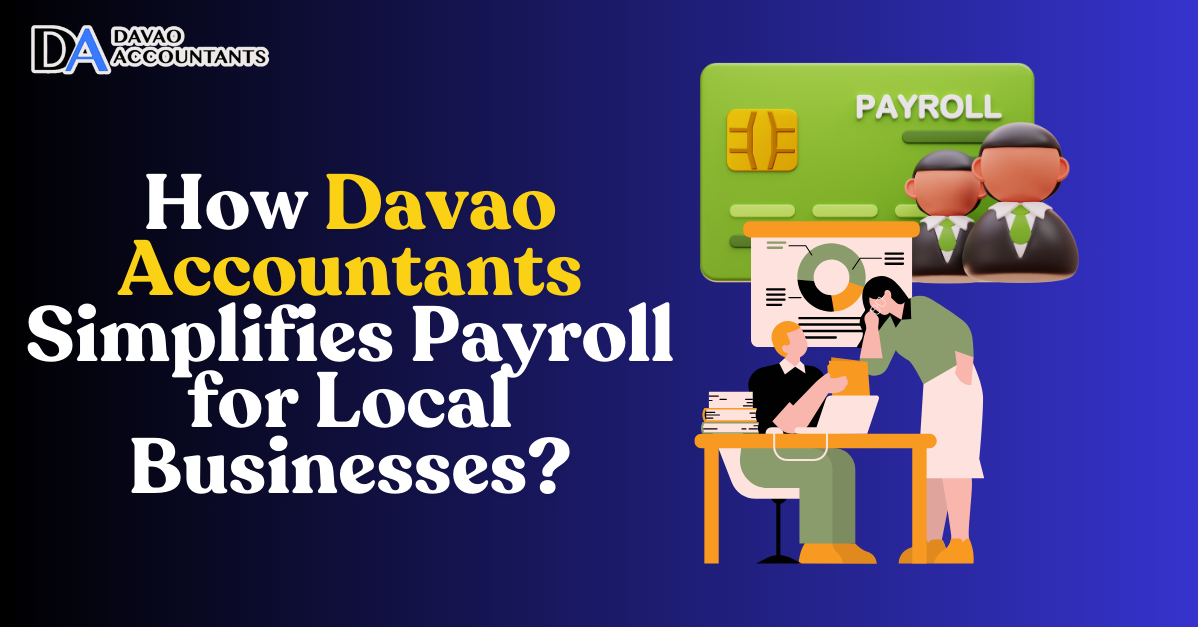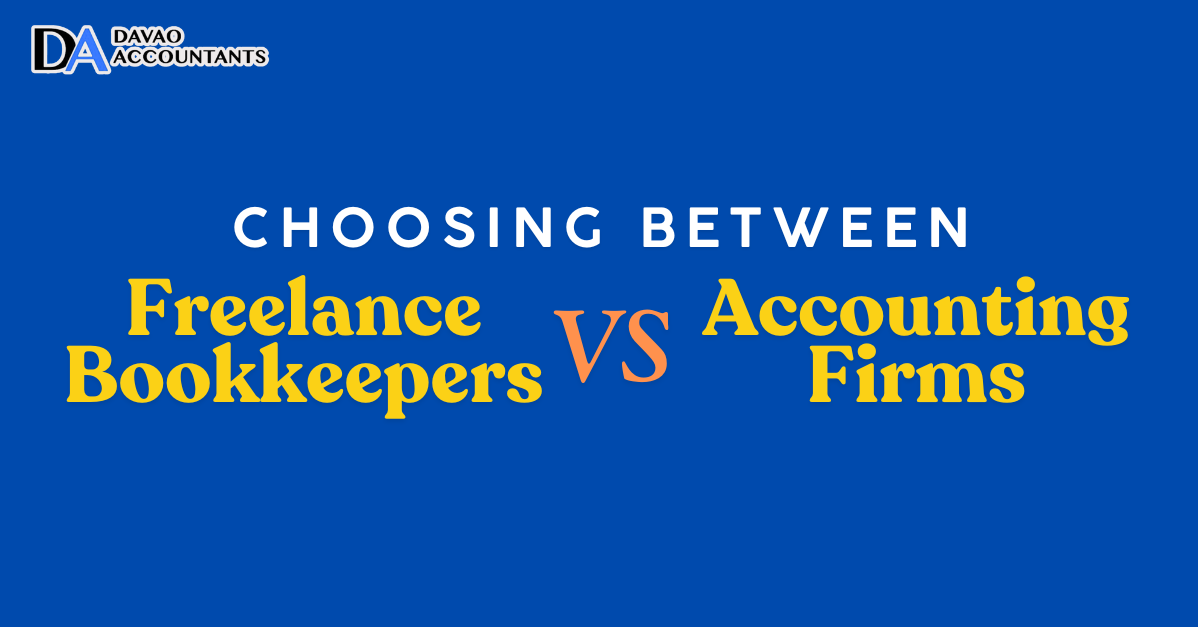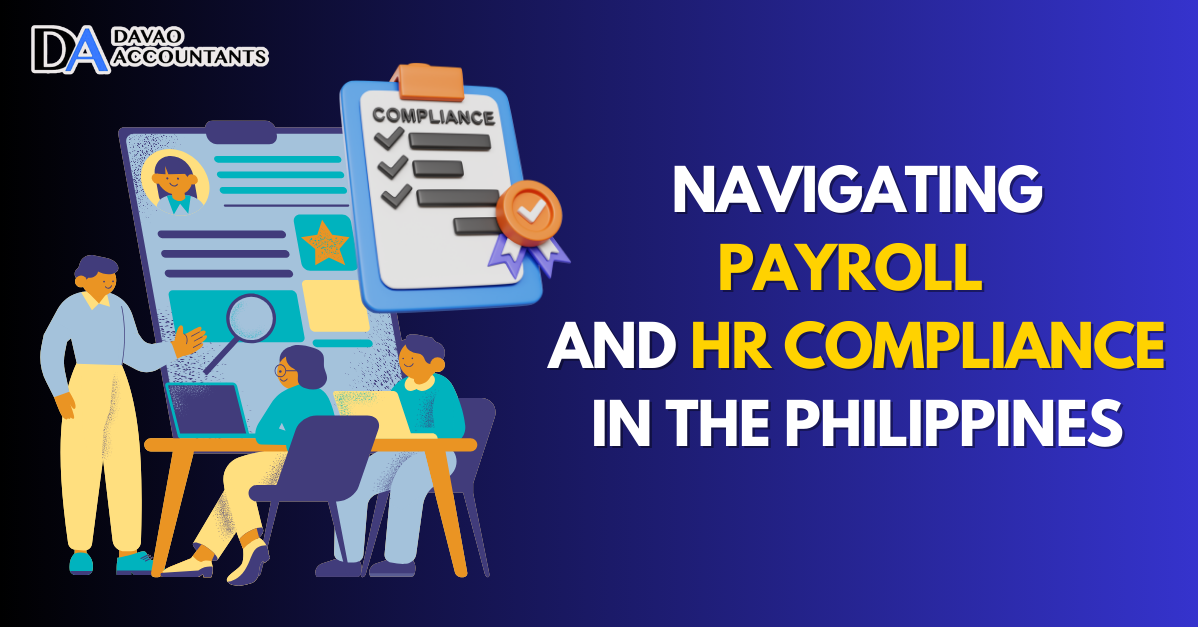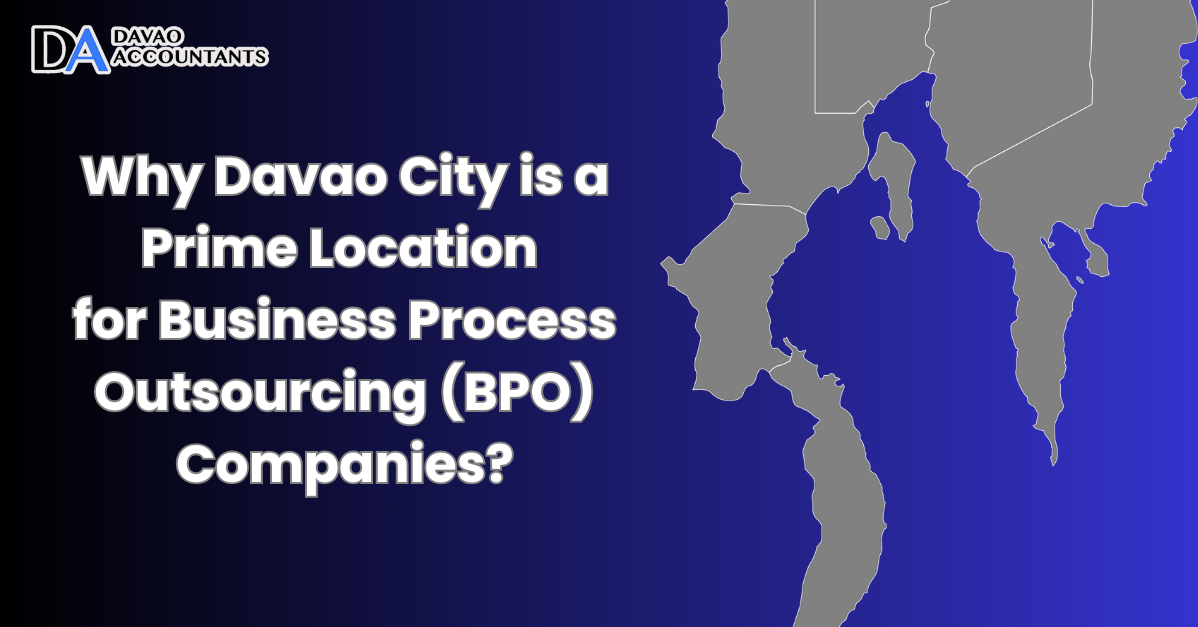Freelancers are self-employed individuals who sell clients as independent contractors instead of entering a long-term employment relationship. These self-employed individuals are classified as “sole proprietors” and shall be called as such in this article.
The advancement in communication technology has led to remote work and non-location-based positions viable for many companies. Working for foreign clients means being paid with dollars and earning more than the fees from local clients. The flexibility of work and the higher income have attracted thousands of Filipinos to do freelance work.
However, many freelancers are clueless as to how they would settle their tax obligations with the Bureau of Internal Revenue (BIR). One of the most popular inquiries we’ve received is from freelancers who want to ensure that they fully comply with their possible tax obligations and will not be facing any problems with the BIR in the future.
This article will serve as a top-level guide for freelancers in Davao City. However, the information provided herein does not, and is not intended to, constitute legal advice; instead, all information, content, and materials available on this site are for general informational purposes only.
Table of Contents
ToggleRegistration with the BIR
The first step in proper tax compliance is the registration of the freelancer or self-employed. To register with the BIR, one needs to fill out BIR Form No. 1901 and submit it together with the required attachments.
One also needs to fill out BIR Form No. 0605, which is the payment form, to cover the Php500 annual registration fee.
Upon submission of the BIR Form No. 1901, the BIR will check the tax types applicable to the freelancer. So we suggest that upon application, the freelancer should be curious about the implications of these tax types and ask the Officer of the Day for proper understanding.
You Might Also Be Interested: Tax Compliance Services for Businesses in Davao City
Registration of official receipts
After releasing the Certificate of Registration (COR) by the BIR, the self-employed freelancers will be required to register Official Receipts (OR), which will be issued for every proper receipt of income from the freelancing business.
Note that the BIR penalizes the non-issuance of ORs for Php1,000 per receipt or collection, or sanction under Oplan Kandado or may serve as the basis for tax evasion charges.
To print the OR, freelancers need to contact an accredited printing press, which will assist in applying for the Authority to Print (ATP) and undertake to print the OR booklets. The cost of printing these booklets usually ranges from Php800 to Php1,500.
Registration of the books of accounts
The number of books to be registered with the BIR depends on the nature of the freelancer’s registration.
Four (4) books are required for non-VAT-registered self-employed individuals, while six (6) books must be registered for VAT-registered freelancers.
Freelancers may book a consultation to discuss how to maintain the books of accounts and monitor expenses that are distinct from their personal ones. You can hire a good bookkeeper for this purpose or avail of our training package to learn the record-keeping process independently.
Payment of business taxes
Since freelancing can be classified as habitual engagement in trade or business or the practice of the profession, freelancers will be liable for business taxes.
Business taxes are collected by the BIR regardless of the freelancer’s earnings. It is important to note that the imposition of business taxes is on the gross receipts, i.e., the amount received as payment for the services rendered to clients, not the earnings. Thus, a freelancer cannot claim that he/she is not liable for business taxes because the amount earned is less than the expenses.
Freelancers whose earnings exceed Php3,000,000 annually will be liable for 12% value-added tax (VAT). The VAT registration requires remittance of the difference between the 12% VAT on the receipts or income (Output VAT) and the 12% VAT on the purchases from VAT-registered suppliers (Input VAT) to the BIR.
You Can Also Read: Tax Filing Services for Freelancers in Davao City
Filing and payment of income taxes
A freelancer must file and pay quarterly and annual income taxes based on taxable net income at the 5-32% rate as indicated in the graduated tax table provided by the Tax Code. Unlike employees earning compensation, freelancers can deduct business expenses from the gross receipts.
Quarterly taxable net income is the difference between the gross receipts and business expenses for the quarter. The quarterly return must be filed no later than the 15th day of the month following the end of the applicable quarter.
On the other hand, the annual income tax return is to be filed no later than 15 April following the close of the calendar year.
Summary
While it is understandable that tax would be the last thing that comes to mind for a startup freelancer, it does not mean that one should forget their civic duty of filing returns and paying taxes. Tax compliance is essential to enjoying the full benefits of one’s freelancing endeavors.
Disregarding taxes, equivalent to tax evasion, may prejudice your efforts and your freelancing business. It is true now that the BIR has become more aggressive in tax administration. It is only prudent that freelancers avoid losing savings and facing possible imprisonment by looking into tax obligations and their full compliance.
Disclaimer: This article is for general guidance and is not a substitute for an expert opinion. Please consult your preferred tax and legal consultant for the specific details of your circumstances.









